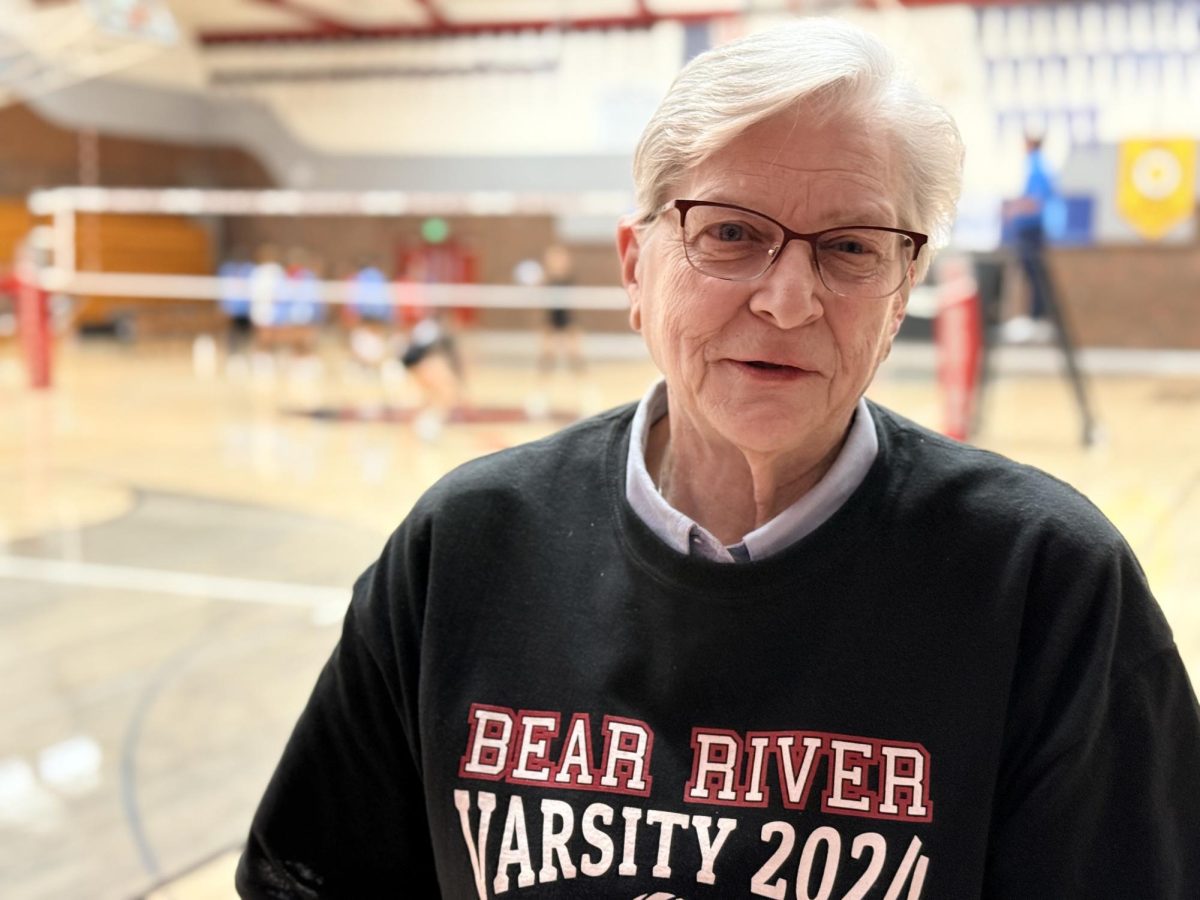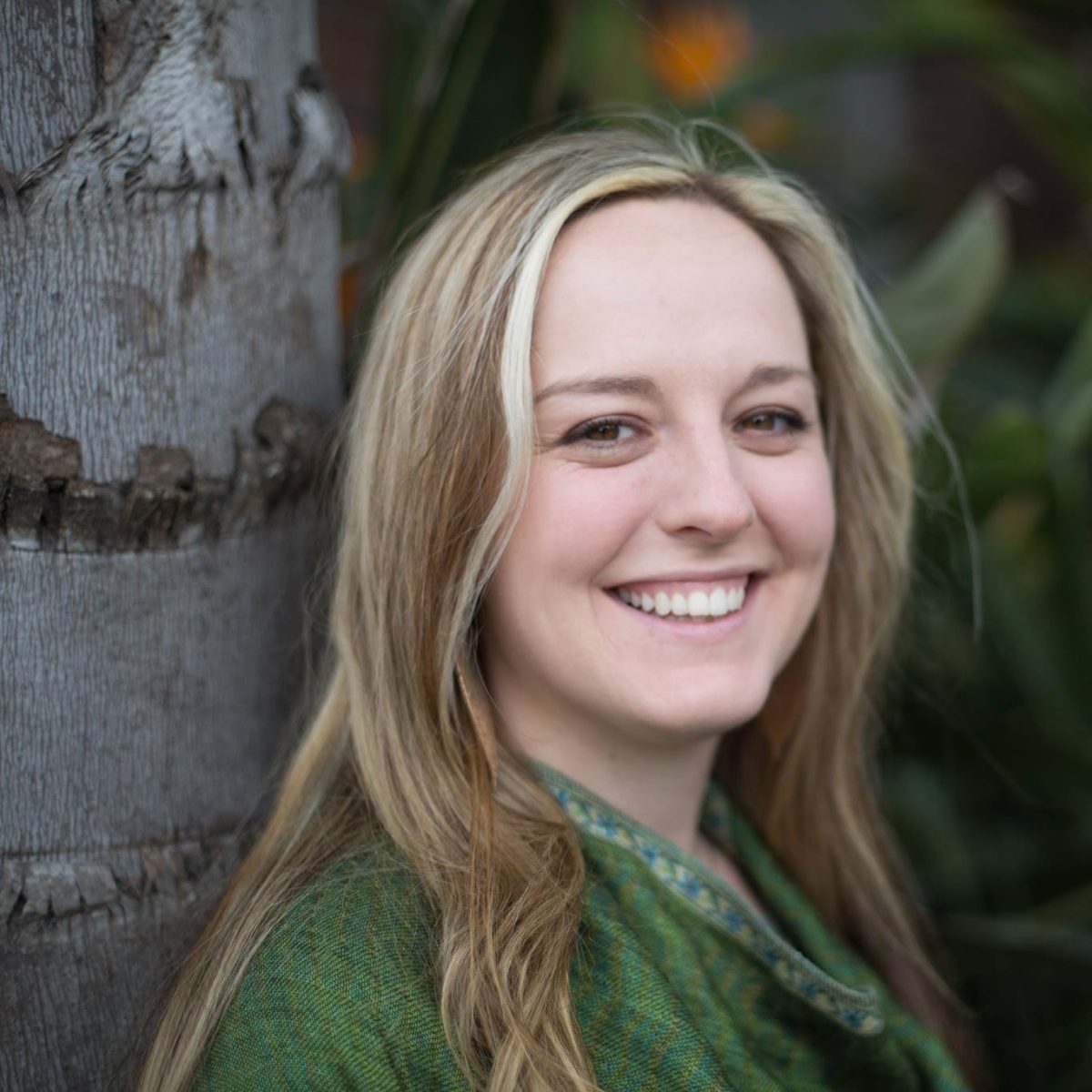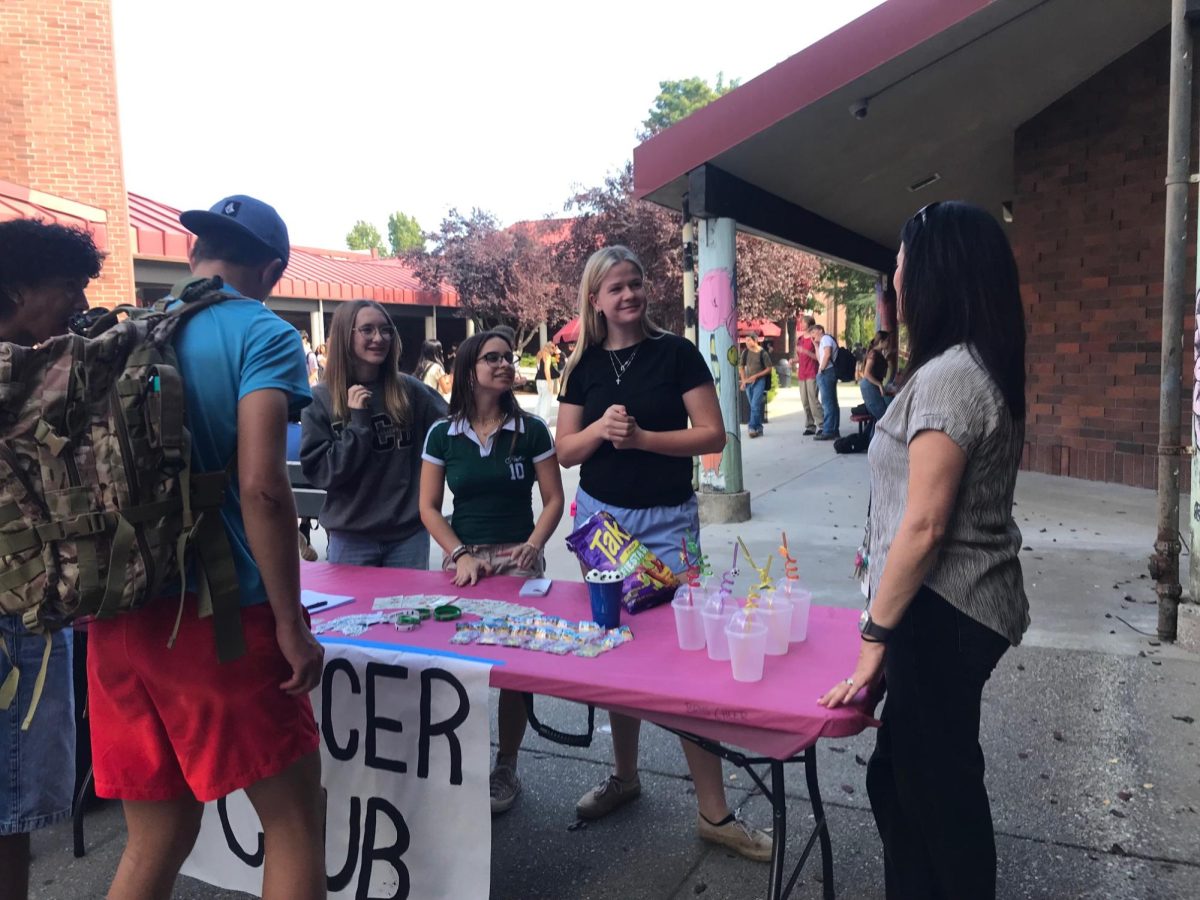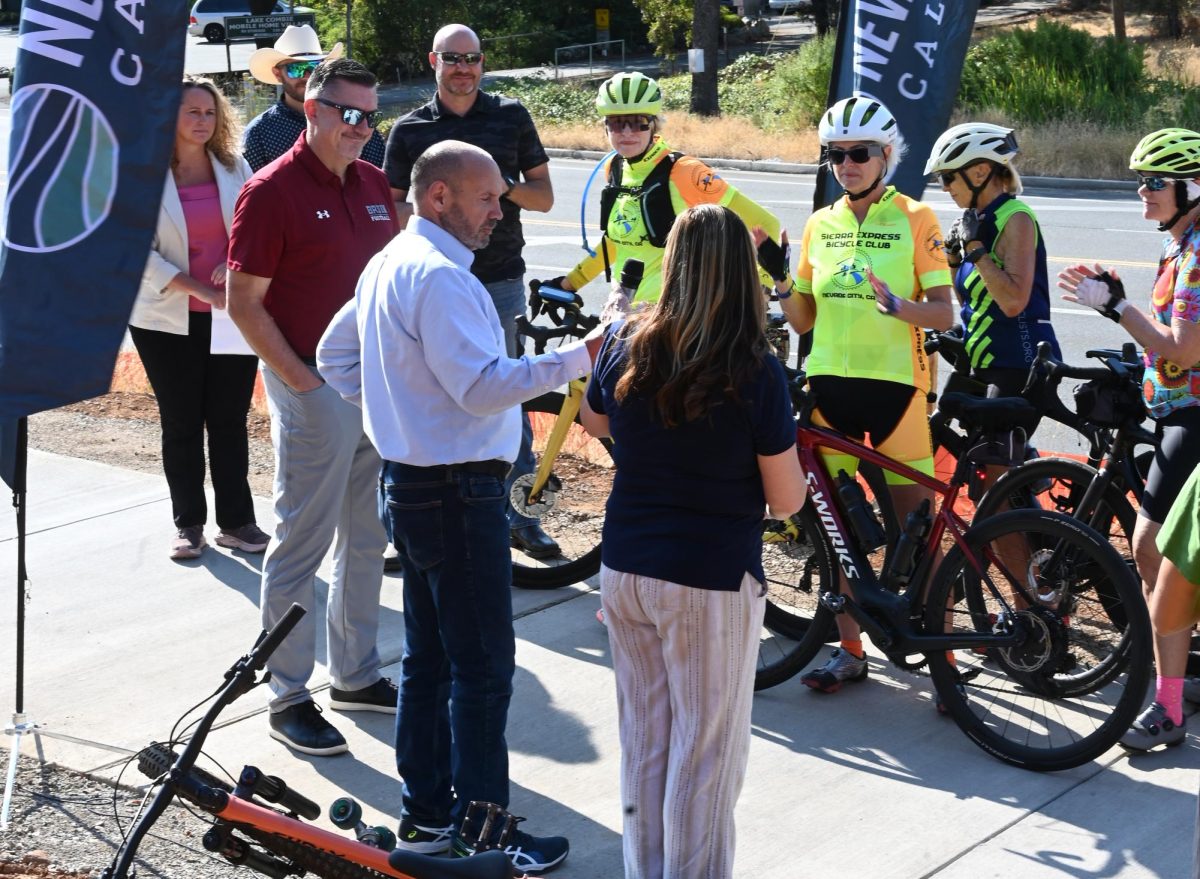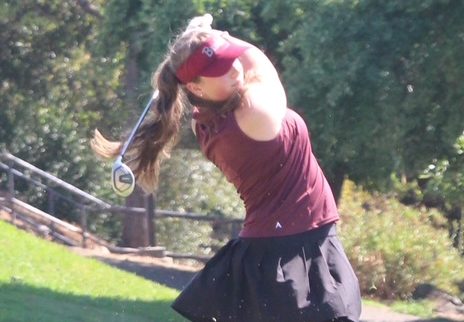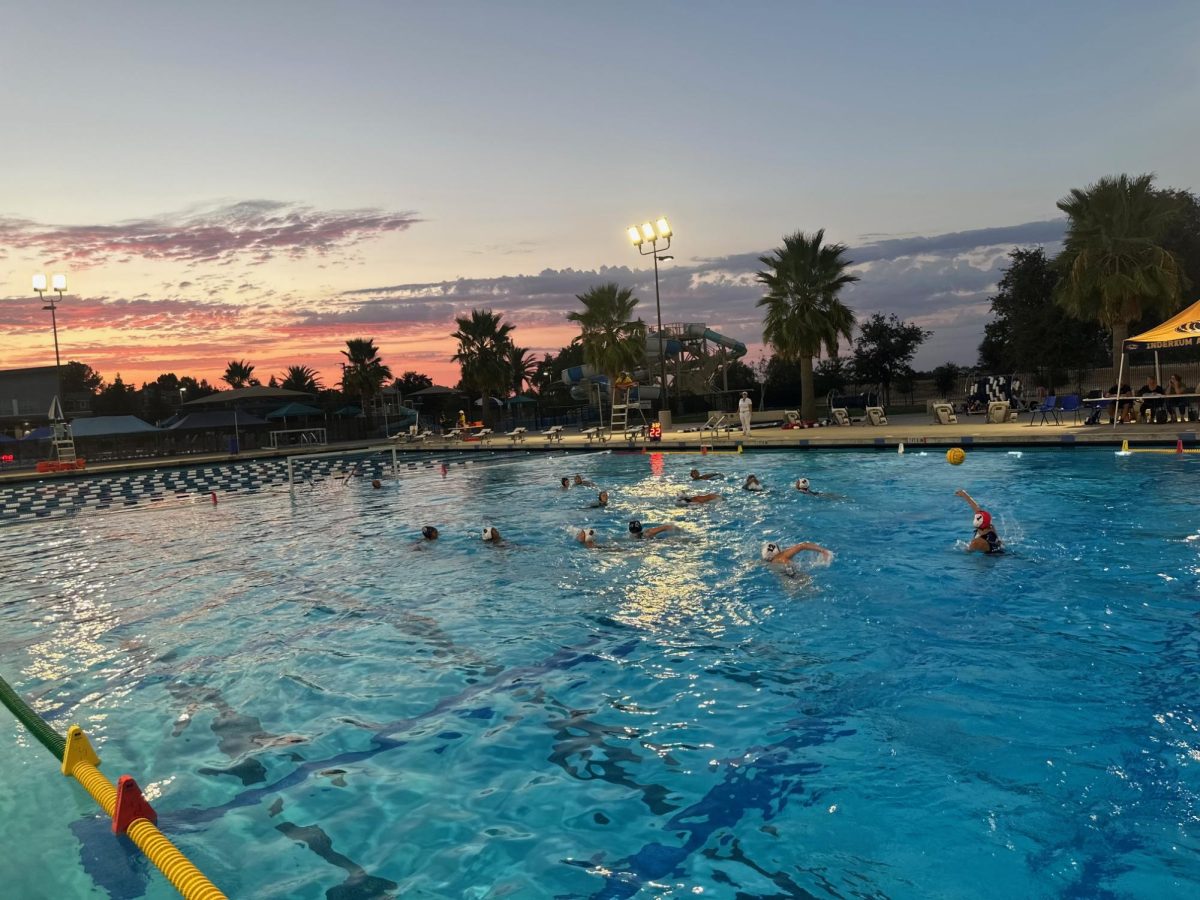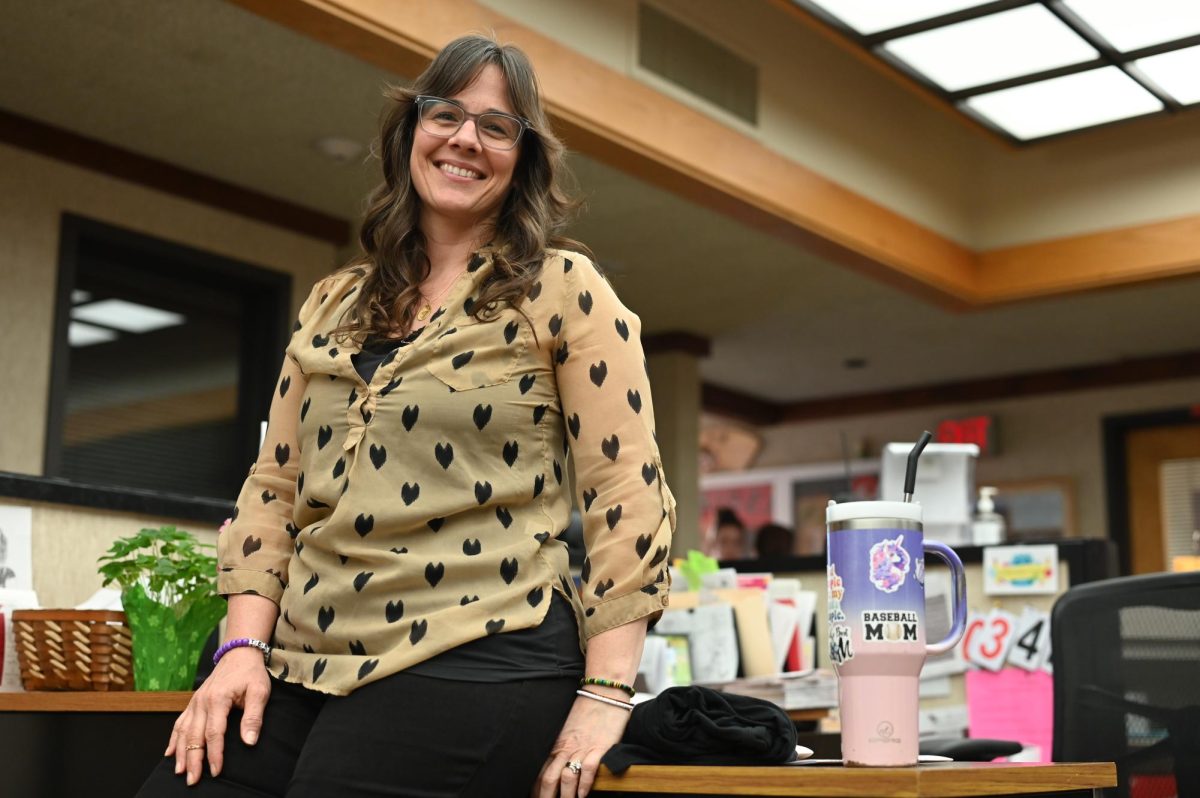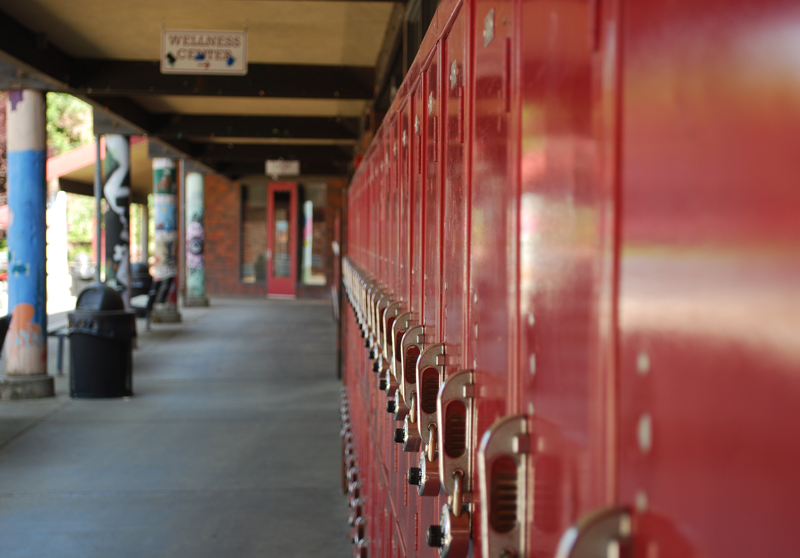The transfer from on-campus classes to online work had been difficult for some students. Bruins have expressed mixed opinions on distance learning, though many of these insights are influenced by the many different ways teachers are handling their own classes and students’ prior experience in solely online work.
Students partaking in online classes have found that the distance makes the learning experience a bit more difficult since work that was previously done in class with a teacher present for assistance is now done essentially alone. Students are able to message their teachers through email and get answers to most of their questions, but the teachers can’t always respond timely to their students’ problems.
It can be harder for some teachers to effectively teach their students, but some classes are taking each day in stride, such as senior English Reading and Writing Composition (ERWC) students. Senior Colby Greig who is enrolled in this class has had no trouble keeping up with the everyday assignments, and thinks his class is busy but has a fair amount of work.
“Mrs. [Sara] Noah has been giving us work everyday, but the reading can be made easier if you use audible on double speed,” he said. “The rest can be done no problem as long as you’re diligent.”
The new distance learning format can be seen as unfair by students who have heavier-load classes. In this regard, this can make it easier towards seniors who have the most options for lighter work classes, such as open periods or choosing not to take a math course. With many more class requirements than seniors, Junior Carson Tamplen expressed his strong dislike towards the new work system, and thinks he’s getting too much work that he didn’t sign up for.
“I wasn’t expecting to have to do all this work at home, but I don’t exactly get a choice to just not do it,” he said. “I am glad that the grades have been changed to pass or fail though, it puts a little less stress on me to do all the work.”
One student demographic affected by this switch into distance learning would be the Special Education program. Carrie Lyman, mother of two Bruins including Madalynn Lyman, a freshman in the Special Ed program, elaborated upon how the change affected her daughter.
“Madalynn is autistic and has a genetic disorder,” she said. “She has done well in a structured school environment. She had her ups and downs at school, but the Special Ed team at Bear River High School worked really well for Madie … Since the quarantine, Madie has struggled with her school work and also being at home more. Change is very hard for her to process. After it has been about a month and a half since school was cancelled, she is just now able to be in a comfortable and safe rhythm allowing her to calmly do her work.”
The biggest difference between students’ experiences with distance learning are how teachers are handling the situation. This new learning system can be especially difficult for science and math teachers to convey a subject to students without classroom interaction. Some teachers, such as Physics and AP Chemistry teacher Peter Gammelgard, have been hosting occasional online meetings to give any of their students a chance to ask questions, get feedback, and anything else they might need.
Despite some of the teachers’ connection to students, Senior Tressie Costantino believed that some of her teachers could try harder to interact and assist their students.
“There’s not too much work, but more notice and communication would be helpful,” she said
AP Literature teacher Toby Barmeyer has been busy with her class in preparation for the Advanced Placement exams coming up in May. AP Literature student Senior Zoey Moody appreciated the essays and believes they are a great help to prepare her for her exam.
“The essays we’ve been getting in Literature are actually really helpful, and Mrs. Barmeyer gives me feedback on every one I submit,” she said. “She’s super helpful.”
Mrs. Lyman explained how Junior Olivia Lyman, her other daughter attending Bear River who “is taking several AP level courses,” is handling her classes in consideration of the recent transfer to pass/fail grading and exams around the corner.
“Olivia has experience a great deal of additional work,” she said. ” … [However,] now that they [classes] are deemed pass/fail, she feels her hard work [in her AP classes] is for naught. She will not get the added GPA bump of which she is entitled. Although they have and are still preparing her for the AP tests coming up.”
She continued to describe how Olivia Lyman grew as a student through learning from a distance.
“[She] has transitioned really well into online learning,” she said. “She is organized and is able to plan her time well. She has learned a lot about flexibility, organization, and future goals.”
All Bruins have been finding different experiences in their transition into distance learning – some good and others bad. However, everyone is continuing to receive the best education they can in these uncertain times and are incredibly grateful for the hardworking faculty members at Bear River.
<i> — Annabelle Owyoung contributed to this report. </i>


